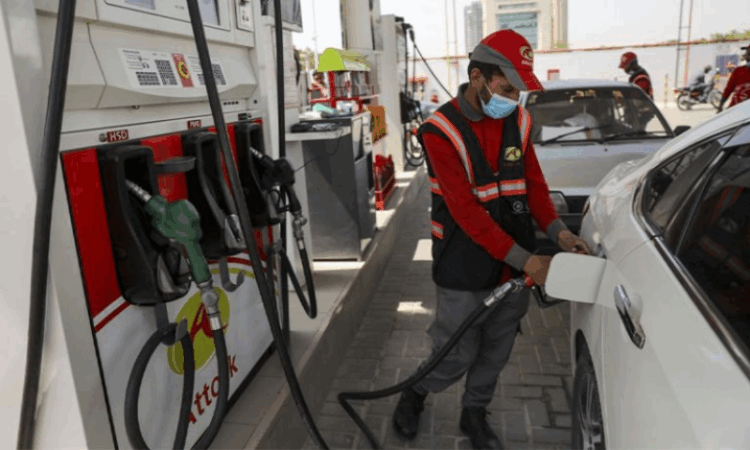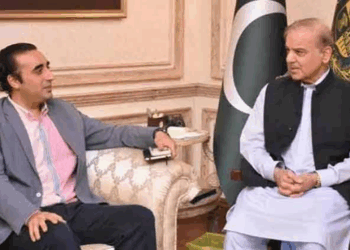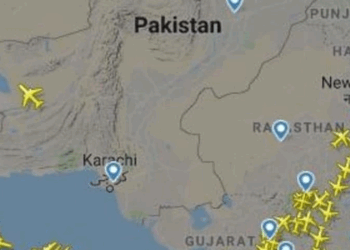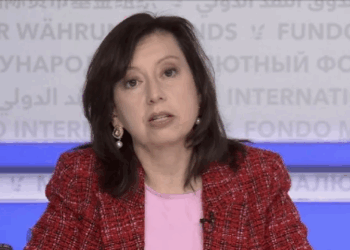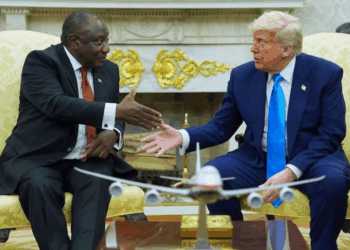Islamabad, May 19, 2025: Starting July 1, Pakistani citizens may face the highest petroleum levy in the country’s history, as the federal government plans to raise an additional Rs194 billion in the upcoming fiscal year. The proposed hike is part of a broader strategy to generate Rs1,311 billion in petroleum levy collections for the 2025–26 financial year.
According to a recent report by the International Monetary Fund (IMF), this target represents a sharp increase from the Rs1,117 billion projected for the current fiscal year ending June 30. The move underscores the government’s growing reliance on indirect taxation to meet its revenue goals—an approach that could further strain consumers already grappling with high inflation.
At present, the government imposes a petroleum levy of Rs78.02 per litre on petrol and Rs77.01 per litre on high-speed diesel. Despite these steep charges, collections between July 2024 and March 2025 have already reached Rs833.84 billion, indicating that the government is on course to meet its annual target.
The IMF report also highlights a clear upward trend in recent years. The total petroleum levy collected during the 2023–24 fiscal year was Rs1,019 billion, compared to Rs580 billion in 2022–23—an almost twofold increase over two years. This steady rise signals the levy’s growing importance as a revenue stream for the state.
However, the burden of this revenue generation strategy is increasingly being passed on to the public. With global fuel prices remaining volatile, the cumulative effect of higher levies could significantly impact household budgets and transportation costs.
As the new fiscal year approaches, concerns are mounting over the economic impact of the proposed Rs194 billion increase. While the government seeks to fulfill IMF conditions and bolster fiscal stability, citizens may find themselves paying a steep price at the petrol pump.


